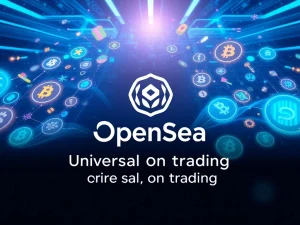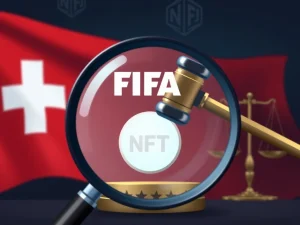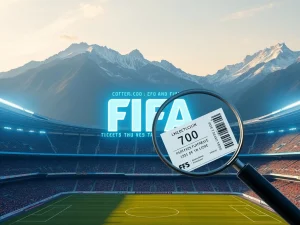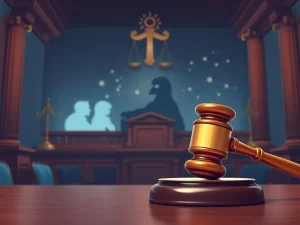Shocking Legal Twist: U.S. Court Overturns NFT Insider Trading Conviction Amid Regulatory Chaos
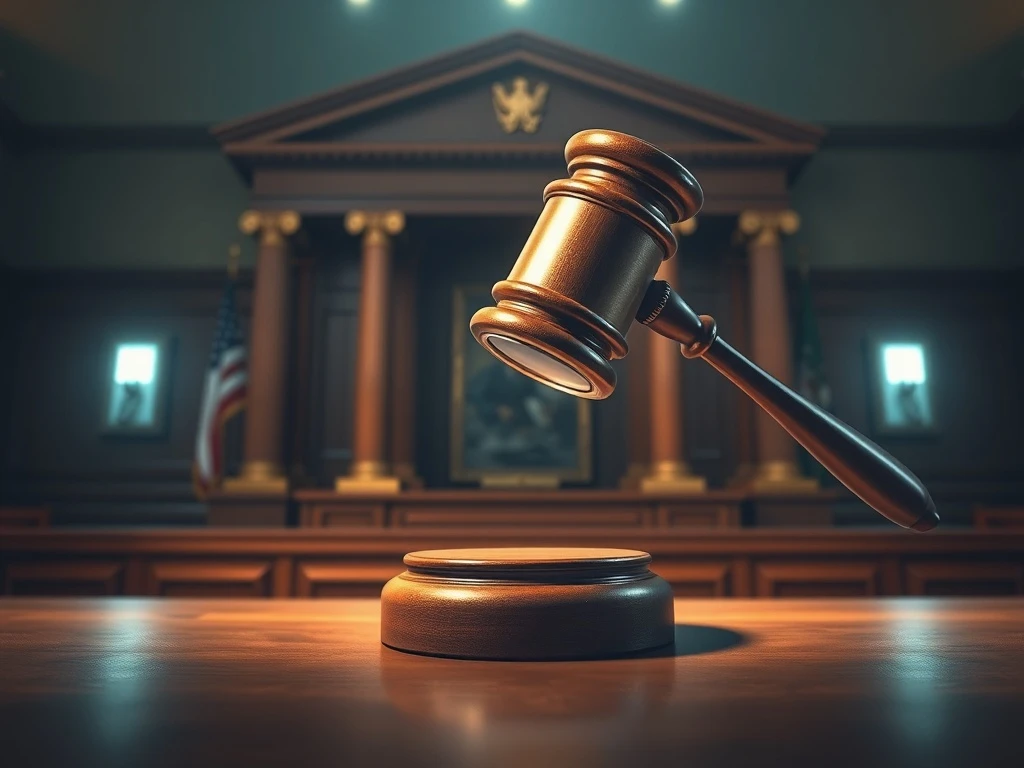
In a groundbreaking decision that sent shockwaves through the cryptocurrency world, a U.S. federal appeals court has overturned the NFT insider trading conviction of former OpenSea product manager Nathaniel Chastain. This landmark ruling exposes critical gaps in how traditional financial laws apply to digital assets.
Why This NFT Insider Trading Case Matters
The Second Circuit Court of Appeals ruled 2-1 that Chastain’s 2023 conviction for wire fraud and money laundering lacked proper legal foundation. The court found that:
- The jury received improper instructions about what constitutes “property” under federal law
- Information about upcoming NFT features on OpenSea’s homepage may not qualify as protected property
- Unethical behavior doesn’t automatically equal illegal activity under current statutes
The Legal Ambiguity Surrounding Digital Assets
This case highlights three major challenges in regulating cryptocurrency markets:
| Challenge | Impact |
|---|---|
| Defining digital assets as property | Creates uncertainty about what protections apply |
| Applying traditional securities laws | May not fit decentralized market structures |
| Proving intent and harm | Difficult in anonymous, global markets |
OpenSea’s Role in the Evolving NFT Market
At the time of Chastain’s alleged actions in 2022, OpenSea dominated NFT trading with:
- $5 billion in monthly trading volume
- Over $1 billion in cumulative revenue
- Market-leading position now challenged by competitors
What This Means for Cryptocurrency Regulations
The court’s decision creates immediate implications:
- Regulators may need new frameworks specifically for digital assets
- Market participants face uncertainty about compliance requirements
- Future cases will likely test these legal boundaries further
Parallel Cases Highlight Industry-Wide Challenges
In a related development, Binance suspended an employee over similar allegations involving:
- Front-running trades using confidential information
- Alleged profits of $82,000 from token launch
- Questions about enforcement across jurisdictions
These cases collectively demonstrate the growing pains of a maturing cryptocurrency market. As digital assets evolve faster than regulations, courts and lawmakers face increasing pressure to clarify rules while preserving innovation.
Frequently Asked Questions
What was Nathaniel Chastain originally convicted of?
Chastain was convicted in 2023 of wire fraud and money laundering for allegedly using insider information about upcoming NFT features on OpenSea to make profitable trades.
Why did the appeals court overturn the conviction?
The court ruled that the jury instructions improperly equated unethical behavior with illegal activity, and that the information Chastain used might not qualify as “property” under federal fraud laws.
Does this mean NFT insider trading is legal?
No, the ruling highlights legal ambiguity rather than establishing that such actions are legal. Regulators may pursue different charges or lawmakers may create new statutes to address these situations.
How does this affect other cryptocurrency markets?
The decision creates uncertainty about how traditional financial regulations apply to all digital assets, potentially impacting trading platforms, investors, and projects across the industry.
What happens next in this case?
The U.S. Department of Justice must decide whether to pursue a retrial under different legal theories or accept the court’s decision.

